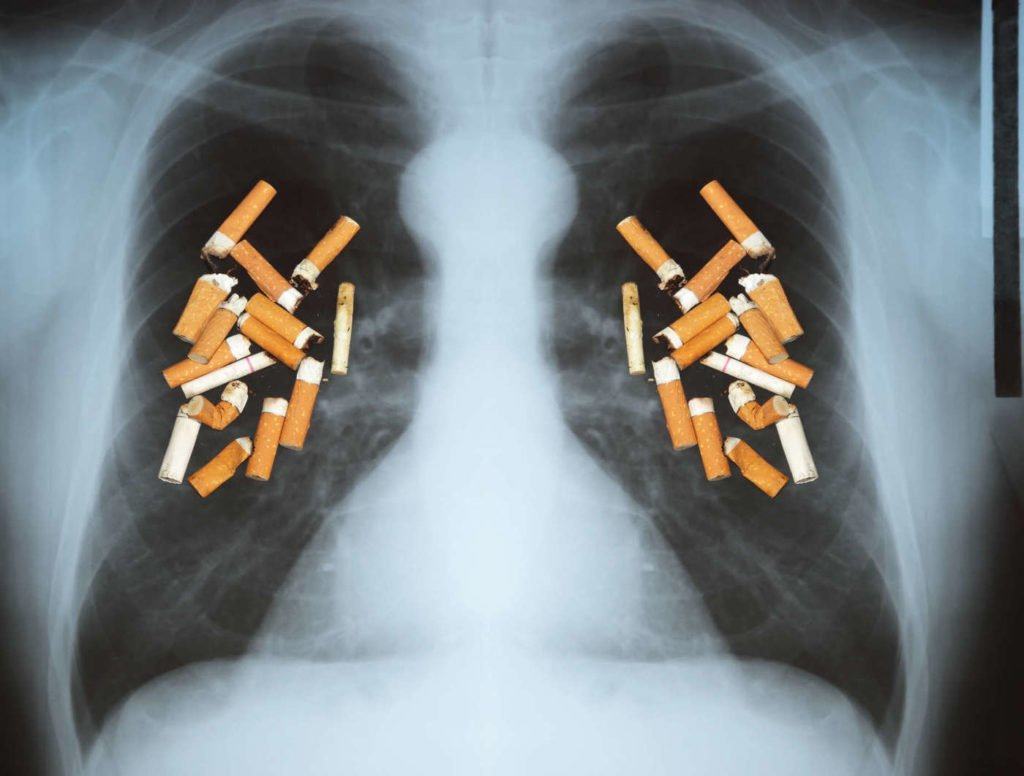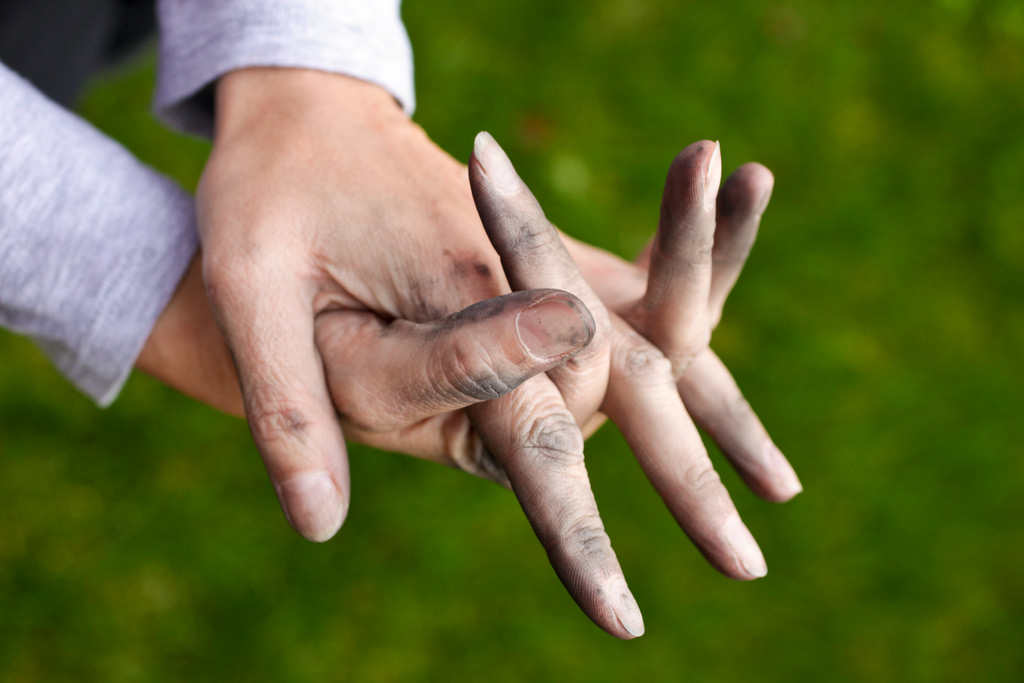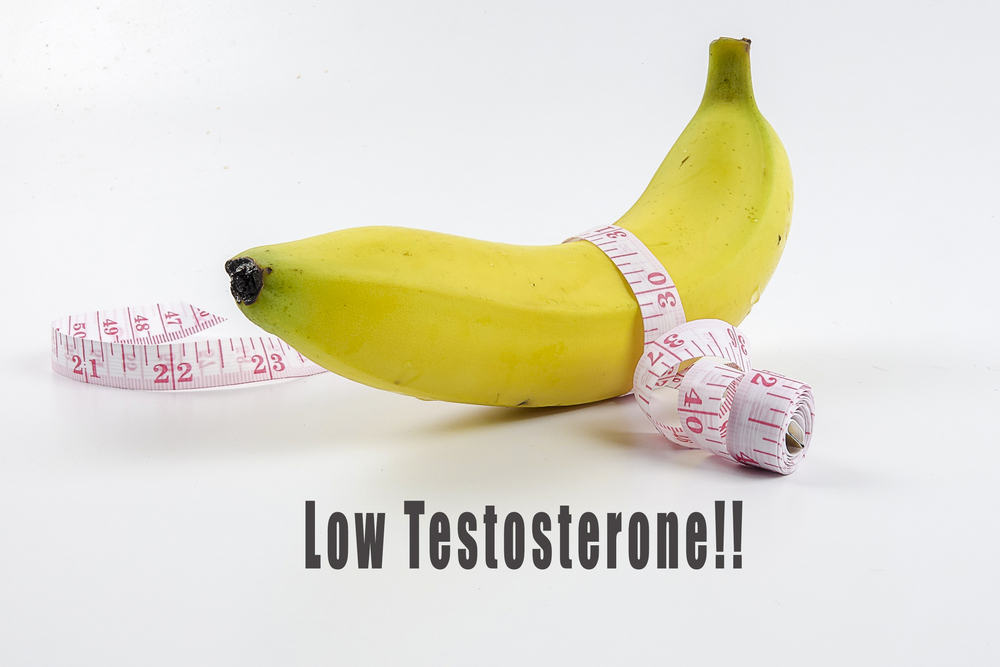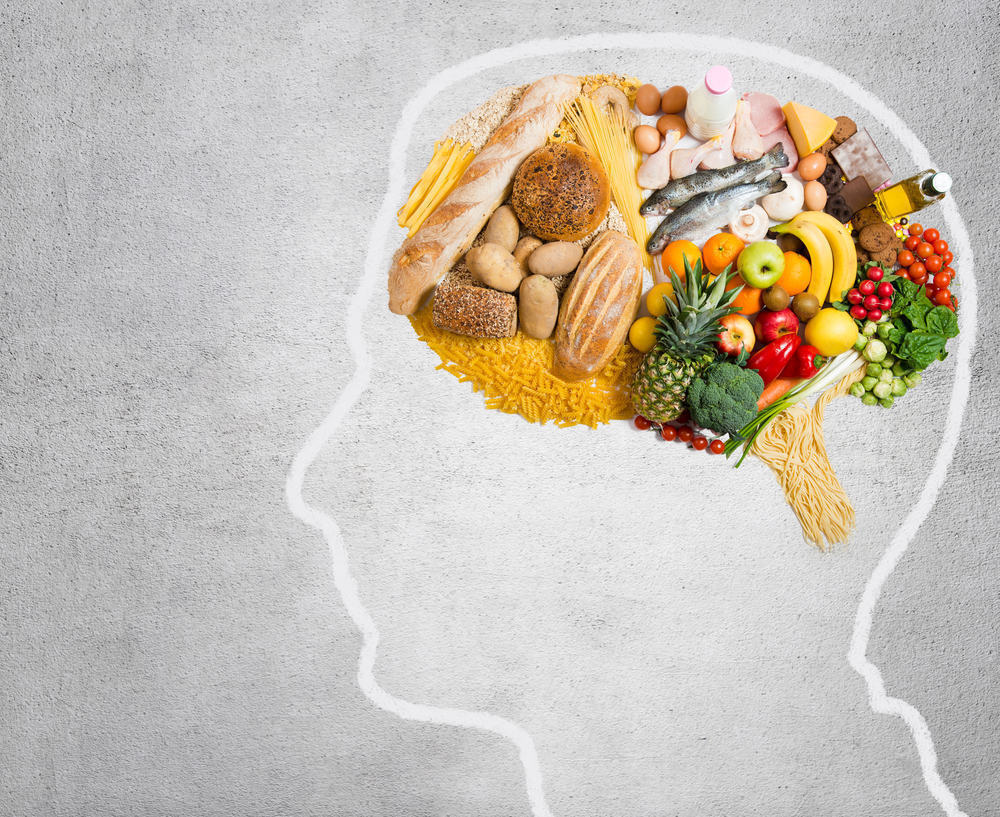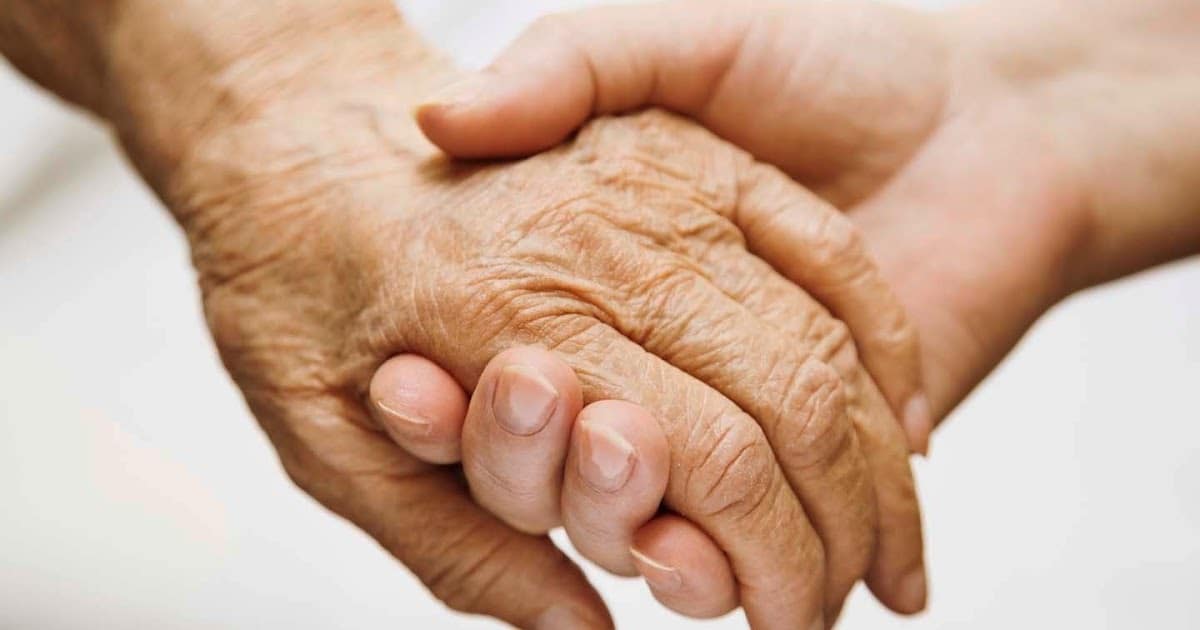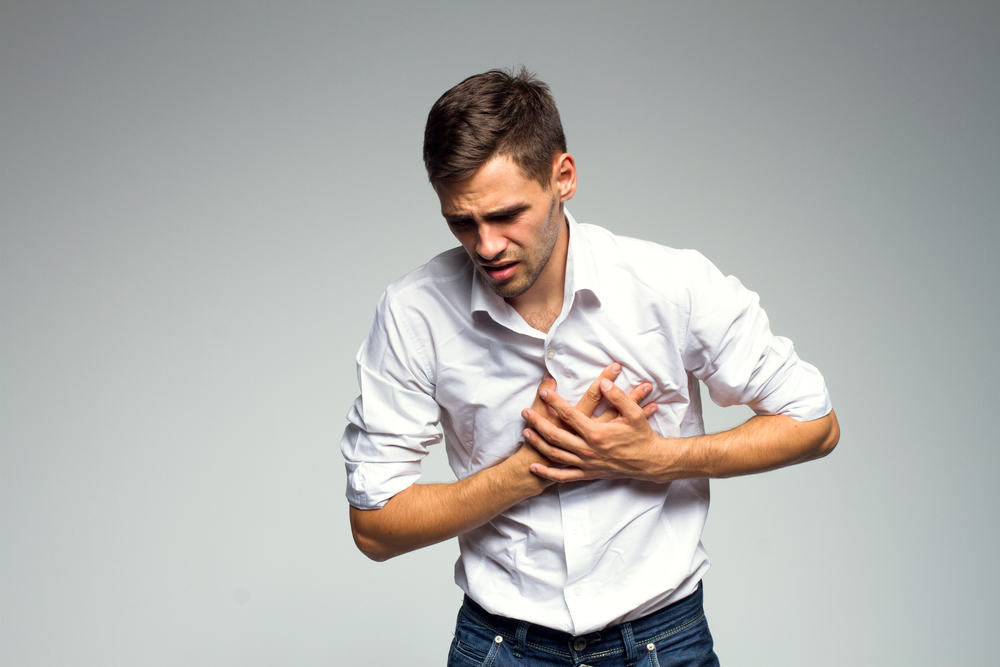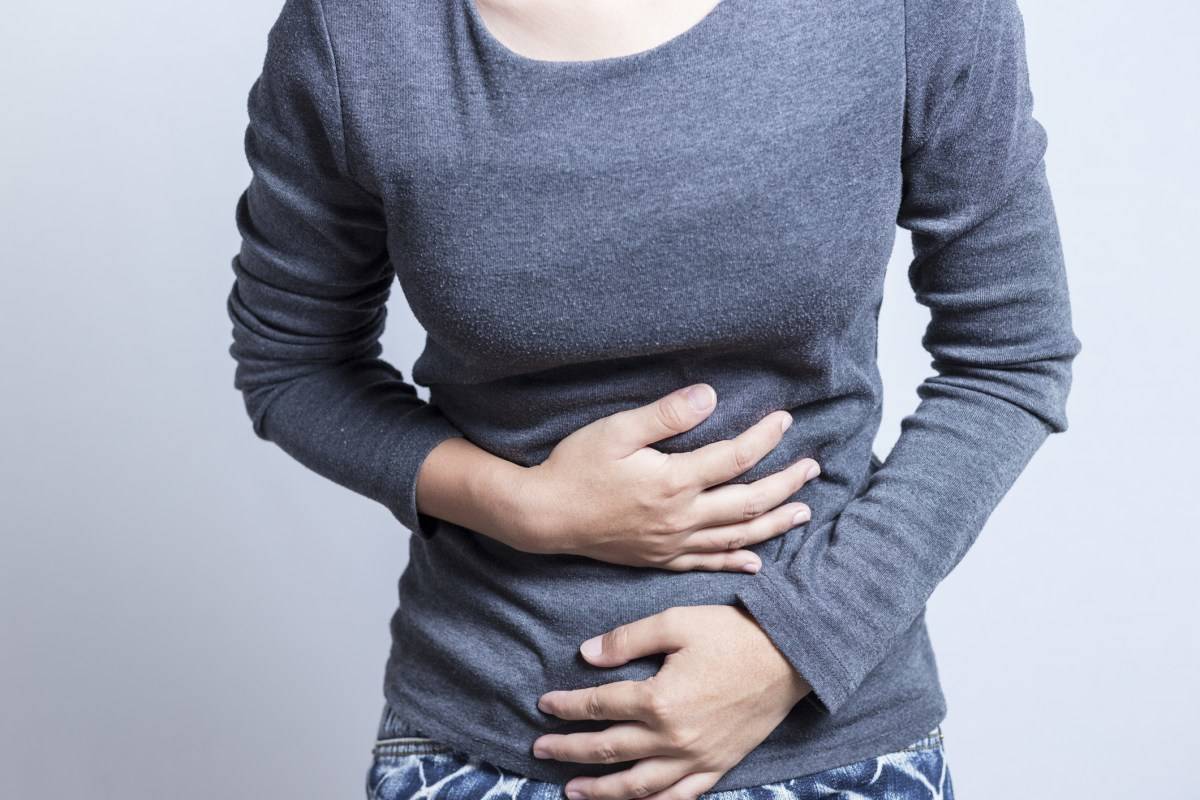Contents:
- Medical Video: Smoking Parents and Effects on Kids
- Effects on the baby in the womb
- Health effects on infants and children
Medical Video: Smoking Parents and Effects on Kids
You might think smoking can only interfere with your health and you don't really care. But what if you are told that your cigarette smoke can also affect your baby?
Effects on the baby in the womb
When pregnant women become passive smokers inhale smoke from cigarettes smoked by others, chemicals from smoke can enter through the lungs into the bloodstream. Nicotine, carbon monoxide, and other chemicals can cross the placenta and affect the baby. Women who are exposed secondhand smoke tend to have babies with low birth weight, less than 2,500 grams. Babies from mothers exposed to cigarette smoke have a lower body weight. This condition does not endanger the health of the baby, but can open a gap for other problems.
Babies from mothers exposed to cigarette smoke are also more likely to experience preterm birth or are born before 37 weeks.
Health effects on infants and children
Children are prone to passive smoking. In households where one parent smokes, the best way to protect children from secondhand smoke is ensuring the absence of cigarettes in the house and car.
Babies exposed to cigarette smoke have a higher risk of SIDS (Sudden Infant Death Syndrome or sudden death in infants). Experts recommend mothers or fathers who smoke not to share beds with babies under 4 months.
Children of parents who smoke have higher rates of lung infections, such as bronchitis, bronchiolitis and pneumonia during the first 2 years compared to children from non-smokers. Children from smokers are also more likely to experience respiratory diseases. Children in this age group who are exposed to cigarette smoke have higher rates of hospitalization.
Children from smokers find it easier to experience a glue ear (otitis media), which is infection and swelling of the ear that often occurs in young children. Children from smokers can experience 'glue ear' several times and experience long-term middle ear effusion (fluid leak). Middle ear disease is a major cause of hearing loss in children, which can inhibit speech development.
Children from parents who smoke can experience a decrease in lung function, where they usually cannot take deep breaths or sigh like children from parents of non-smokers. Children of all ages can experience the effects, including adolescents, and some evidence suggests that a decrease in lung function can last into adulthood.
School-aged children who have parents who smoke are more likely to experience symptoms such as coughing, phlegm, breathing sounds, and shortness of breath. Asthma is more common in children of smokers, and if it continues to be exposed to cigarette smoke, they have a greater risk and more frequent asthma attacks. They tend to use the treatment of asthma more often for longer periods of time.
Cigarette smoke can interfere with the immune system in non-smoking children and adults. Children who are exposed to cigarette smoke experience lung complications more easily during and after surgery with general anesthesia. Children from smokers also have an increased risk of meningitis, which can cause death, mental disorders, hearing loss, or loss of limbs. Smokers may be carriers of the bacteria that cause this disease.
Some evidence suggests that children exposed to cigarette smoke before and after birth (including if their mothers are exposed to cigarette smoke while pregnant), will be able to experience an increased risk of cancer, such as leukemia, lymphoma and brain cancer. However, other research is still needed to confirm this.
Effect from secondhand smoke can cause heart disease which starts in childhood and adolescence.
Although some symptoms of cigarette smoke decrease with increasing time, it is important to protect children of all ages from exposure to cigarette smoke.
Hello Health Group does not provide medical advice, diagnosis or treatment.

